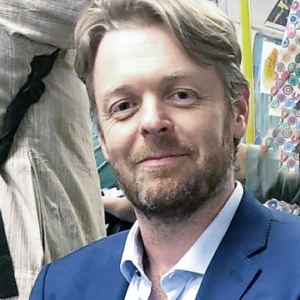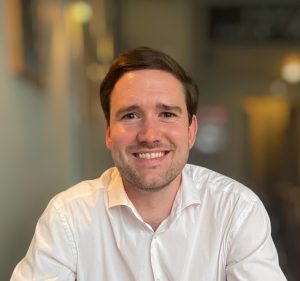ABOUT US
LEARN MORE ABOUT THE RELEVANCE, OBJECTIVES, AND APPROACHES OF OUR MISSION
Background
Safe sanitation is a human right and one of the Sustainable Development Goals (SDG 6.2). Nevertheless, around 3.5 billion people globally remain without access to safely managed sanitary facilities. About 539 million students do not have basic sanitation in their schools and circa 780 million people depend on healthcare facilities without any sanitation. Financial resources and knowledge that are required to renovate, build, operate, and maintain sanitary facilities are often missing. In addition, the importance of safe hygiene practices for human health and well-being is commonly overlooked. A lack of access to safe sanitation and hygiene particularly affects disadvantaged and vulnerable groups like women, children, refugees, internally displaced people, persons with disabilities, or people living in poverty.
In this context, in 2016, the German Federal Ministry for Economic Cooperation and Development (BMZ) commissioned Sanitation for Millions to improve access to safe sanitation and hygiene with a focus on disadvantaged and vulnerable groups. More than two million people have already benefitted directly from the project’s measures.
With the BMZ as the lead donor, Sanitation for Millions has received additional funding from the Bill & Melinda Gates Foundation, Water Unite, the Ministry of Foreign Affairs and Trade of Hungary, the Inter-American Development Bank, and share GmbH. The Deutsche Gesellschaft für Internationale Zusammenarbeit (GIZ) GmbH executes the global programme in close cooperation with local partners in Colombia, Jordan, Pakistan, and Uganda. Until June 2023, Sanitation for Millions was also active in the framework of the GEF CReW+ project to improve integrated water and wastewater management in eleven countries of the Wider Caribbean Region.
Objectives and Approaches
Sanitation for Millions builds female-friendly and inclusive sanitary facilities at schools, healthcare facilities, and faith-based institutions, trains local professionals to operate and maintain them, and promotes safe hygiene practices through targeted campaigns and knowledge transfer. The project is committed to destigmatising menstruation and thus facilitates the participation of women and girls in public life. Furthermore, the project promotes the treatment and reuse of sanitary wastewater and faecal sludge through the elaboration of concepts and the construction of appropriate facilities.
Sanitation for Millions strengthens the management capacities of institutional partners and municipal administrations in direct cooperation. To ensure the operation of the facilities in the long term, financing mechanisms are developed jointly with the local partner. As a global project, Sanitation for Millions can flexibly test and anchor new approaches in different cultural contexts. Based on proven quality standards, successful approaches are replicated and expanded.
How Sanitation for Millions understands access to safe sanitation and hygiene
Sanitary facilities are accessible to all, of adequate quality, inspected for cleanliness, and appropriate for Menstrual Hygiene Management (MHM). Toilets are female-friendly and inclusive, and sewage and excreta are safely managed. Handwashing facilities are functional at critical times and accessible to all. People are aware of and know about appropriate hygiene practices, including MHM and handwashing routines.
WASH in Healthcare Facilities
WASH in Faith-based Institutions
WASH in Schools
Inclusive WASH
Menstrual Hygiene Management
Safe Hand Hygiene
Operation and Maintenance
Financing Mechanisms
Wastewater and
Faecal Sludge Management
Team Headquarters, based in Germany

Dr Bärbel Schwaiger
Programme director

Patrick Mass
Advisor

Tizian Kümpel
Advisor

Mohamad Hadid
Controlling


